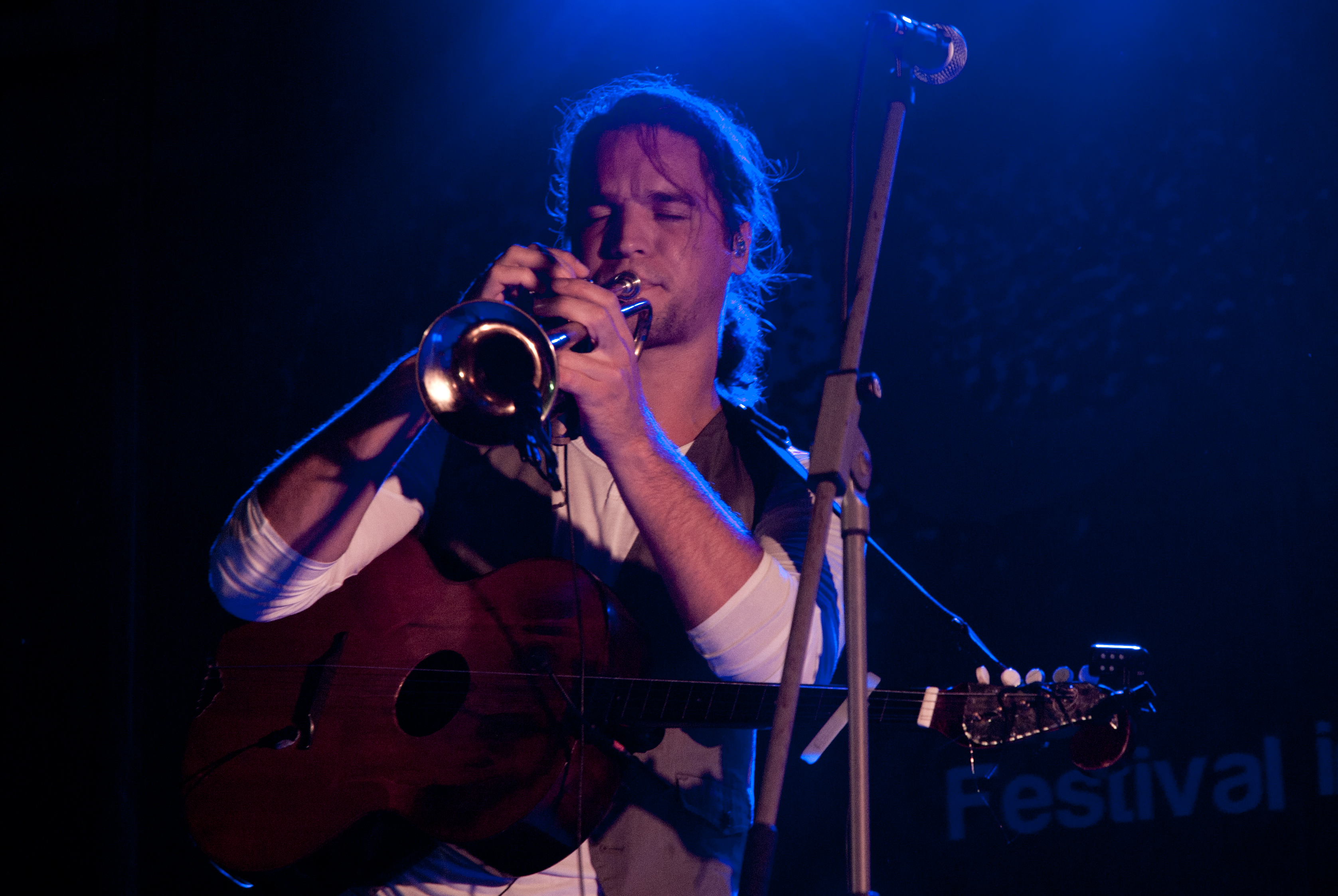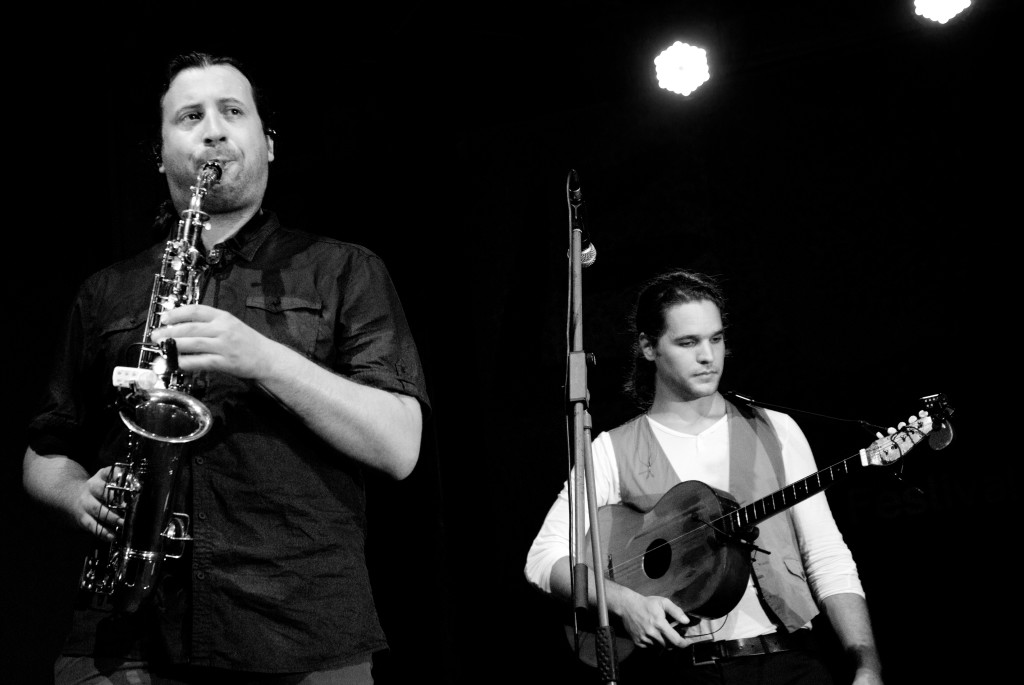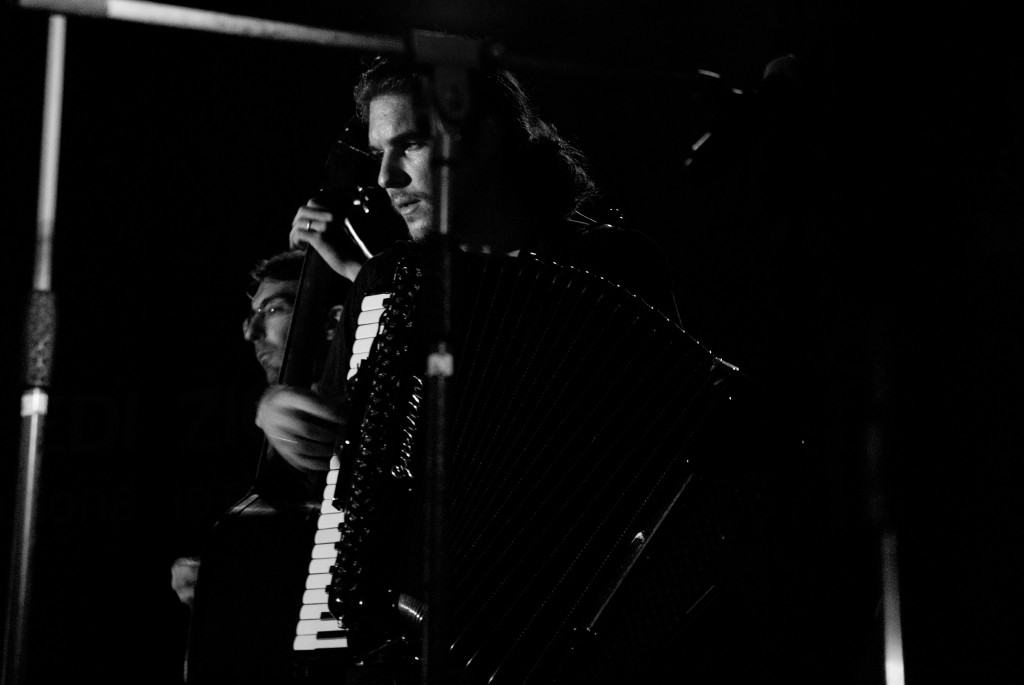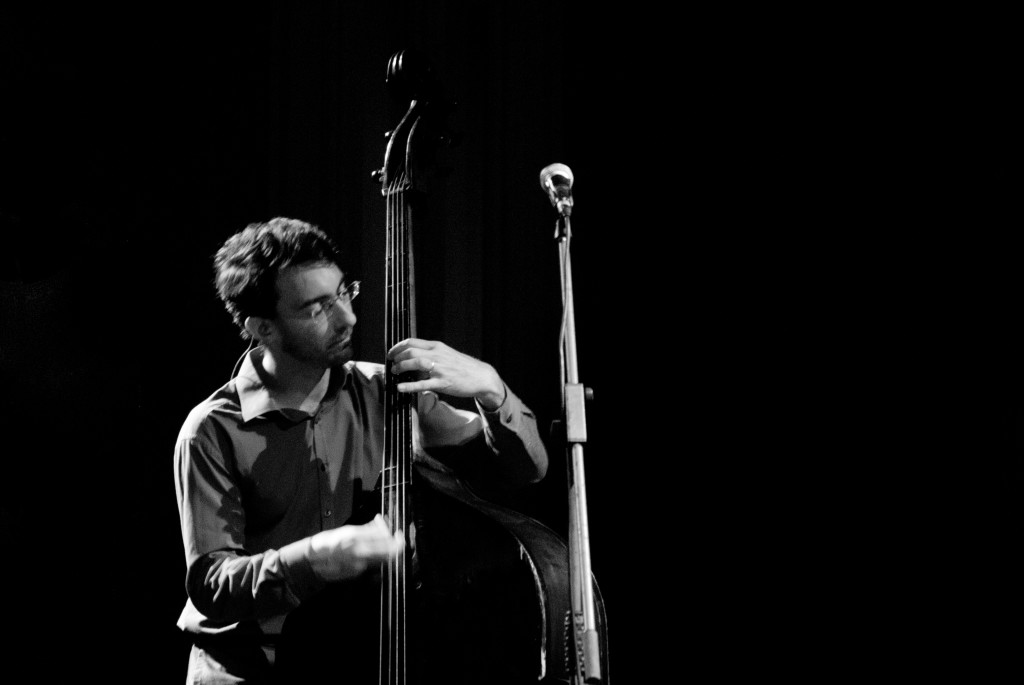Jamila Campagna
The Ethnos Festival, with its twentieth edition, under the stage- managing of Gigi Di Luca, has created an interesting musical and cultural path through eight towns of the Vesuvius territory (Naples): it was inaugurated last 10th of September at Mercadante Theatre of Naples, with the Bollywood Masala Orchestra show (India), the Festival, sponsored by the Campania Region Tourism Department, occurred in between San Giorgio a Cremano, Ercolano, Torre del Greco, Castellammare di Stabia, Boscoreale, Boscotrecase, Somma Vesuviana, San Sebastiano al Vesuvio e San Giorgio a Cremano that hosted the festival last stop on the 27th of September, with the concert of Tartit (Mali) and Bombino (Niger).
Originally the Festival was an idea to promote and spread the Vesuvius area traditions, with time it’s got international character creating connections between folk music and archaic cultures from all over the world, becoming a moment of integration and comparison through the music.
In the 2015 edition, beside a selection of excellent musicians (among them: Bombino, Evi Evan, Moni ovadia, Tartit, Bassekou Kouyate & Ngoni Ba, Huun Huur Tu, Teresa De Sio, Sondergo), the Festival program offered a sequence of naturalistic and historical artistic itineraries that have created a link with the territory resources, of a strongly interdisciplinary approach: guided tours through the Vesuvius National Park tracks, in archeological sites and museums, besides theater tours in the 18th hundred villas, traditional products tasting, conferences, workshops about traditional dances.
Last 19th of September we took the Vesuvius as reference point along the road and we went to discover closely the Ethnos Festival spirit; in the afternoon, after a guided tour in the museum curated by the Pro Loco La Ginestra of Boscoreale, the Synaulia performed an educational and musical show at the Antiquarium of Boscoreale (Naples, Italy), In the evening, after the guided tour of Villa Favorita in Ercolano (Naples), the Festival moved to the summer residence of Villa Favorita, always in Ercolano, whose park reaches the see.
It’s here that the Söndörgő (pronounced Shondorgo), a family run Hungarian band, performed. The group members are three brothers: Áron Eredics, Benjamin Eredics and Salamon Eredics, one cousin David Eredics and, their best friend Attila Buzàs. The five young men come from Szentendre, a Hungarian town near Budapest, they propose a kind of folk music which lies outside the most popular Hungarian tradition, just to give space to that minority sound tradition of southern Slavic music, born from the blend of Serbian and Croatian culture that is kept and popularized in some areas of Hungary.
The Söndörgő are all graduated in classical music and play various instruments, they bring on stage a lot of instruments: accordions, percussion instruments, wind instruments and string instruments. Among these we can notice the typical Tambura, small string instruments much alike mandolin, that make terse and acute sonorities which can be modulated following every song breath. This instrument is almost the band symbol, it represents their idea of making contemporary the tradition and to it is inspired the title of their last album, Tamburocket (published in 2014, it’s the second one published on international scale).
Intense, expert, and professional, the Söndörgő enjoy themselves a lot on stage and it shows; their good energies are overwhelming and spread in the more rhythmical songs as in the slower ones, made of meditative and substantial vibrations. This joy of music doing is confirmed to me by Aron Eredics at the end of the concert: with background the gorgeous vitreous light blue mosaic wall at the entrance of Villa Favorita extension, Aron smiles, still full of strength although the late hour and tiredness after the concert, he speaks freely; he tells me “It might look incredible because we’re so young, but it’s been twenty years that we play together! Our father was a musician and the house was full of instruments. It was impossible not to learn to play!” Then he adds “It’s nice to play with brothers and close friends, it creates some kind of alchemy. We only need to look each other to know exactly what to do on the stage”.
Then he tells me about the emotion of playing in a historical place, the joy of taking part at the Ethnos Festival in Italy, about their last record, how they studied classical music in order to come back then to play folk music. Because it’s a matter of roots, of personal and collective lived, past that meets the present and opens to the future. It’s a matter of culture and knowledge divulgation, because a tradition is alive only when is passed down.
“Ethnos strenght lies also in telling current events as immigration problems and the humanitarian needs to receive who emigrates. Playing music we cross gazes, the signs of a language that is nothing else but peace and art universal language”
[Gigi Di Luca, Ethnos Festival Artistic director]










